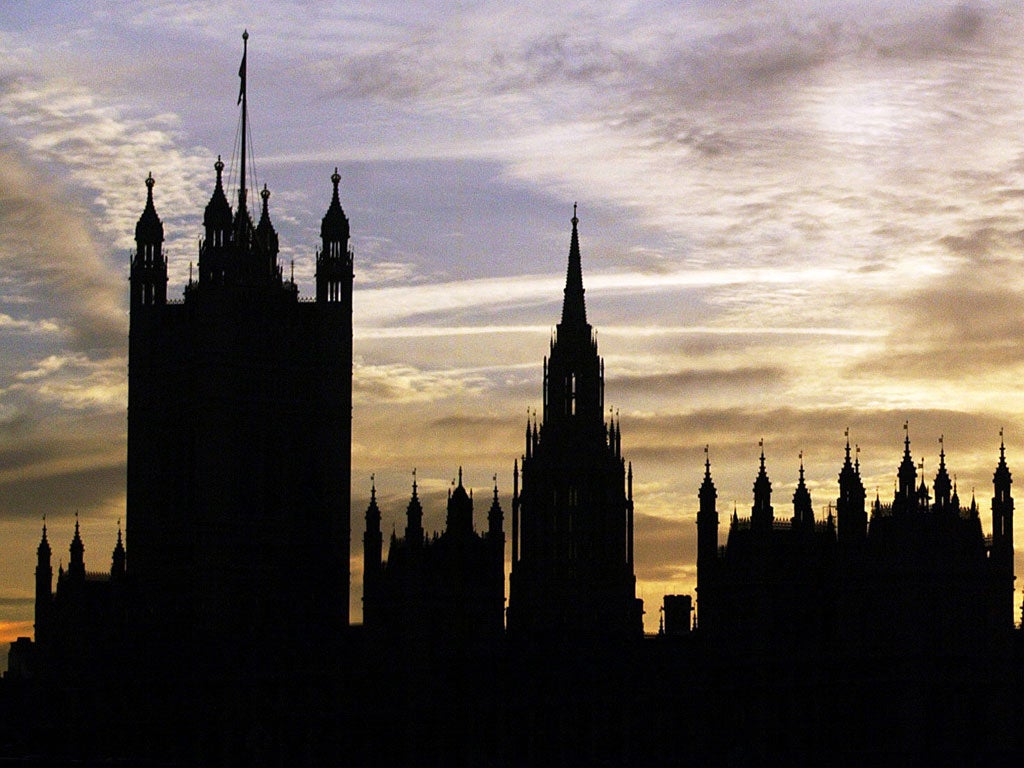No government can serve its citizens properly while outsourcing on the scale that this one does. It’s time the practice stopped
For too long, the political parties have believed that public service is bad


An undercover BBC Panorama investigation just found what was described as “systemic fraud” in the management of the tests that are used to gauge which foreign students should be allowed visas to study in the UK. This service is outsourced, partly through the American company ETS, which sets the exams (but does not appoint the invigilators who run the actual tests). It has also just emerged that the Government is preparing to oust Atos Healthcare from its £500m contract for providing work capability assessments of disabled people. Hundreds of thousands of them have been wrongly judged fit for work and therefore ineligible for government support. These are just the latest episodes in the disaster that is the outsourcing of public services by the Government. Failure and fraud are the two themes. How have we come to this?
Remember that from the middle of the 19th century until the early 1970s, we had what was widely believed to be the best Civil Service in the world. It saw the nation through two world wars, the General Strike, the Depression, the Cold War, the liberalisation of the 1960s and into the age of globalisation and high technology. A parliamentary committee recently concluded that a strong Civil Service “remains the most effective way of supporting the democratically elected Government and future administrations in the UK”.
But, alas, we don’t have that any more. Career politicians with little experience of life outside politics have wrecked it. One way, is by suborning civil servants into serving the propaganda needs of the government of the day. Thus, our Whitehall Editor, Oliver Wright, reported recently that senior Tory strategists in Downing Street have issued an edict to government departments effectively banning them from highlighting speeches, initiatives and events that are not central to the party’s key election themes. Charming. At the same time, a civil servant whistleblower alleges that in the Ministry of Justice, the Secretary of State has instructed political special advisers to review every single response to a parliamentary question to ensure that a favourable reply is presented. The whistleblower adds: “As you might imagine, this has infuriated officials at all levels with constant requests for redrafts of accurate answers and by dragging them into the spin machine.”
A second problem is the tendency for Government ministers to scapegoat individual officials, rather than to learn lessons from such failures as the West Coast Main Line franchise fiasco and the debacles at the UK Border Agency. This may be one of the reasons why there has been a very high turnover in senior staff.
Coupled with this unduly negative attitude to the Civil Service is a naïve admiration for the commercial sector. With the political class having, for the most part, zero experience of running business enterprises, it has had difficulty in imagining what could go wrong with outsourcing. Even government departments themselves often fail fully to grasp the nature of the public services for which they are responsible. So they don’t really know where market mechanisms are appropriate to drive service improvement and where they are not.
Then there is the serious problem that outsourcing suppliers often seek to game for their own benefit the reward structures created by commissioners and regulators. Typically they will find ways of “parking” users with complex needs – in other words, unprofitable cases – and of creaming off those who are easier to support, and therefore more remunerative.
For too long, the political parties have believed that public service is bad and private sector is good. It has seemed intuitively correct. But take my experience just yesterday. I went down to my local Marks & Spencer and, as usual, found the staff helpful and the people working at the checkout unfailingly polite and cheerful. Earlier in the day, I had visited my local hospital for a blood test. As I was examining the list of departments inside the entrance to find out where I had to go, a young woman with a clipboard came up and asked if she could help. Which she did. I proceeded to the blood-testing department, ready to read my newspapers while I waited. There was no delay. I was in and out in five minutes. Private service good, public service good.
So this is the question. Can we recreate an effective Civil Service and public service, well regarded by Parliament and voters alike, in which people are proud to serve? It needn’t be more expensive. Then we could largely dispense with outsourcing and the difficulties it brings.
Join our commenting forum
Join thought-provoking conversations, follow other Independent readers and see their replies
Comments
Bookmark popover
Removed from bookmarks